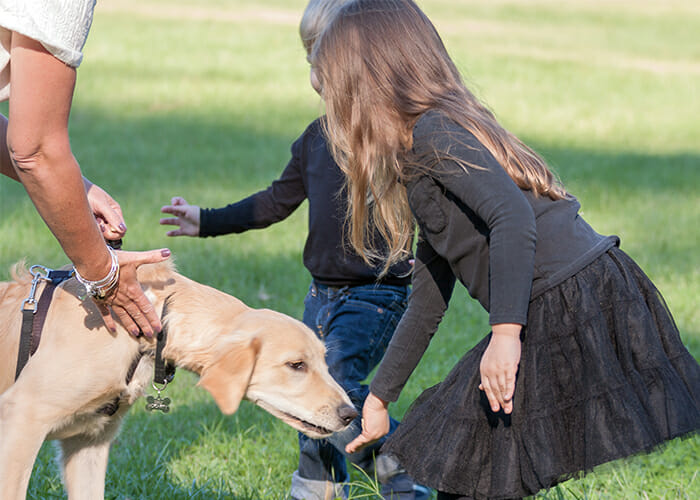Dogs are often regarded as man’s best friend, providing companionship, loyalty, and love. However, even the most well-behaved dogs can bite under certain circumstances, posing a risk to humans. Understanding the reasons behind dog bites, implementing preventive measures, and knowing how to respond in case of a bite are crucial aspects of responsible pet ownership and https://qlovi.com/ community safety.
Table of Contents
ToggleCauses of Dog Bites:
- Fear and Anxiety: Dogs may bite when they feel threatened or scared. This can happen in unfamiliar environments, during thunderstorms, or when confronted strangers.
- Protecting Territory: Dogs are naturally territorial animals. They may become aggressive when they feel their home or owner is being threatened.
- Pain or Illness: A dog in pain or distress may bite as a defensive mechanism. If a normally docile dog suddenly becomes aggressive, it could be a sign of an underlying health issue.
- Lack of Socialization: Dogs that are not properly socialized may react fearfully or aggressively in new situations or around unfamiliar people and animals.
- Provocation: Dogs may bite if they are provoked or harassed. This can include actions such as pulling ears or tails, disturbing them while eating, or invading their personal space.
Preventing Dog Bites:
- Proper Training: Training your dog is essential for ensuring they respond well to commands and can be controlled in various situations.
- Socialization: Expose your dog to different https://www.kiwilaws.com/ environments, people, and animals from an early age to help them become well-adjusted and less likely to react aggressively.
- Supervision: Always supervise interactions between dogs and young children. Teach children how to behave around dogs, emphasizing the importance of gentle and respectful behavior.
- Identification and Licensing: Ensure your dog has proper identification, including a collar with tags and a microchip. Keep your dog’s vaccinations up-to-date and comply with licensing regulations.
- Healthcare: Regular veterinary check-ups can help identify and address any health issues that may lead to aggressive behavior.
First Aid for Dog Bites:
- Clean the Wound: Wash the bite wound with soap and water to reduce the risk of infection. Use a clean cloth to apply gentle pressure if there is bleeding.
- Apply an Antiseptic: Use an antiseptic or antibiotic ointment on the wound to prevent infection. Cover it with a clean bandage.
- Seek Medical Attention: If the bite is deep, shows signs of infection, or if the dog is unknown or potentially rabid, seek medical attention promptly.
- Report the Incident: Report the dog bite to local authorities, especially if the dog’s owner is unknown or if the dog has a history of aggression.
Conclusion:
Understanding the causes of dog bites, taking preventive measures, and knowing how to respond in case of a bite are essential for fostering a safe environment for both humans and their canine companions. Responsible pet ownership and community awareness can significantly reduce the occurrence of dog bites and promote a harmonious relationship between humans and their furry friends.

